Monday morning: one hand trapped beneath the fat and guzzling midget, with the other I idly opened the gates of hell — meaning I downloaded the game Pokémon Go. Pokémon Go is an ‘augmented reality’ game. It requires you to trot about in the real world, staring at your smartphone so as to find and ‘collect’ coloured goblins from different locations. Perhaps that doesn’t sound terribly exciting, but it’s the most successful phone game there’s ever been. On the day I played, more than 75 million people had already downloaded it, and when I first opened it I too became obsessed. A day later, however, I suspect it of being semi-diabolical and portending some terrible but perhaps unavoidable future.
This is the way it works. After selecting the app, a little map of your actual location pops up on the iPhone screen, with markers in the places where goblins lurk. The map tracks your progress as you walk, using your phone’s GPS, and when you’re hard up against a goblin you switch to your phone’s camera function, look at the screen, and there it is! A little cartoon monster, transposed on the real outside world. For the still confused and over40, just imagine living inside Who Framed Roger Rabbit?
When I opened up the app that morning, for example, there in my bathroom was a goblin, a cross one and blue, hopping up and down by the shower. I instantly forgot the baby. This was a wonder, a marvel in the 19th- century sense. It made the world seem magical. As dog-faced boys and bearded women were to Victorians, so that Pokémon imp was to me, and I set about trying to capture it, swiping at my iPhone screen, as instructed by the game.
Some time later, a plaintive mew from lap height. Oh. The baby’s head had slipped from the crook of my left arm and was balanced entirely and heavily on a bottle of Evian. The lid had made quite a dent in his skull; nonetheless, his eyes were full of trust. A real and patient baby, abandoned for a pixellated imp. This, in retrospect, was a clear picture of the problem with not just Pokémon Go, but the entire wave of ‘augmented reality’ (AR) games that are bound to follow.
If millennials have a besetting sin, it’s solipsism. The usual youthful sort is, in this generation, exacerbated by the fashion for selfies and the obsession with their phones. Now imagine a world in which even when those kids do look up, it’s into their own augmented reality brought to them via AR specs. Their skies will be full of flapping demons and wizards playing quidditch. Passers-by, the elderly, family, will barely register, relegated to a faint and irrelevant ‘real’ world. In the park at midday, hunting a flying purple Zubat on Pokémon Go, I pushed the pram straight into a woman waiting for her terrier to pee. I’m afraid I didn’t apologise at first — I glared. Was she trying to snaffle my Zubat?
This is not hyberbole, this talk of parallel worlds. It’s happening. Both Hyde Park in London and Central Park in New York have now been overrun by young Pokémon players. They creep over the grass like perverts, day and night, intent on their phones, hunched, battling with invisible demons. Hot on Pokémon’s heels are a thousand other AR games all chasing the same success, some for use with special specs and special hand sensors for waving imaginary weapons. Later this summer, the parks will look like open-air asylums, full of not just teens but all manner of adults slashing at invisible zombies, shooting aliens. Those many millions of grown men and women who enjoy pretending to be unicorns or dragons online can gallop with them down Fifth Avenue.
I sound like a grouch. I am a grouch. But it’s scary. The point of fairy tales, of other, imagined worlds, has always been to learn more about this one, not to escape from it. AR and VR (virtual reality) mean living right inside a fantasy without really coming out. They mean spending all day thinking yourself a hero in a world of lesser beings. This is not conducive to good mental health. Nor, I don’t suppose, is killing people.
Most games favoured by teenage boys are what’s called ‘first-person shooters’. Ali Sonboly, the 18-year-old Munich gunman, was a fanatical player of one of the world’s most violent first-person shooters, Call of Duty. Nothing surprising about that. He was bullied at school and the game made him feel powerful. His online nickname was ‘God-like’. It’s been said by many gamers, many times, that just because psychos play violent games doesn’t mean violent games create psychos. And that’s true — but I wonder, are they quite sure the same logic applies in altered reality?
On Tuesday, recovering from Pokémon Go, I read an interview on a gaming website with a programmer called Steve Bowler, author of a very nasty VR zombie game, The Brookhaven Experiment. He had this to say: ‘VR absolutely changes how we think about violence. It’s frighteningly real when you’re in there. I jokingly aimed the gun at my own face and pulled the trigger and the act of doing that drastically changed my heart rate.’ Way to go, Steve.
One of the selling points of The Brookhaven Experiment — and of most shooting games in augmented reality — is that the guns in the game operate as guns actually do. A real marksman will make mincemeat of the zombies; equally, practice in the game will make perfect in real life. The kids you see wandering blindly about, shooting invisible zombies in Trafalgar Square, will all, in no time, be crack shots.
Steve also reports letting a 12-year-old try his game. Even before any violence began, he said, the child was so scared he asked for his headset to be taken off. It didn’t feel like fun, said the child, it felt real. If it feels real, if human mind and body respond to it as real, are we quite sure it’s OK to let kids kill?
Well, I don’t suppose there’s much to be done. Those little Pokémon goblins have paved the way for bigger, badder monsters. Butthis isn’t the magical world of Enid Blyton come to life. This is self-inflicted psychosis.
The post Pokémon Go? I wish it would appeared first on The Spectator.
Got something to add? Join the discussion and comment below.
Get 10 issues for just $10
Subscribe to The Spectator Australia today for the next 10 magazine issues, plus full online access, for just $10.
You might disagree with half of it, but you’ll enjoy reading all of it. Try your first month for free, then just $2 a week for the remainder of your first year.


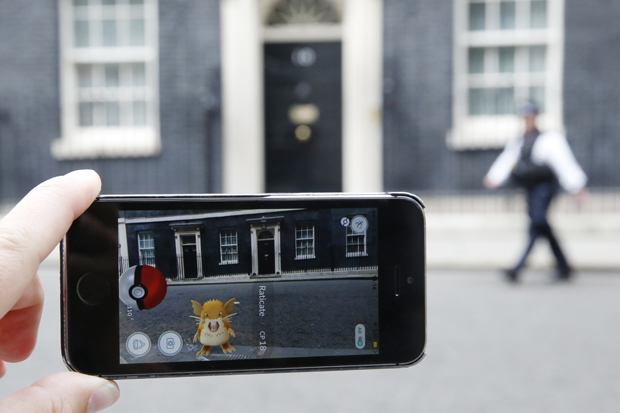
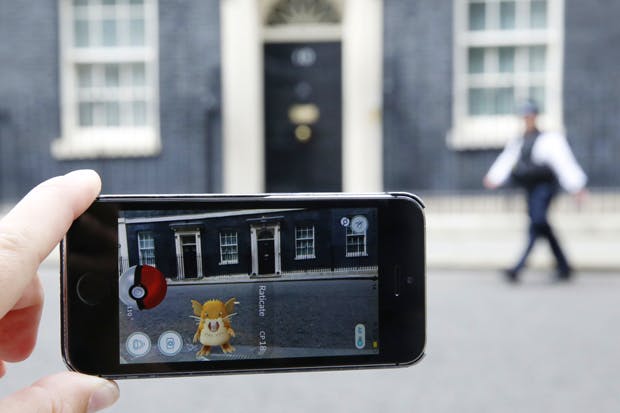
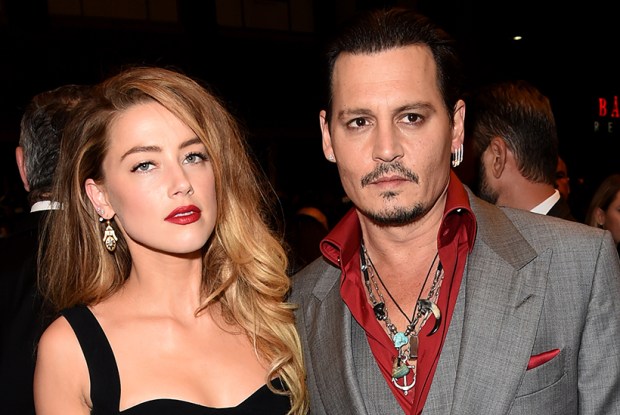
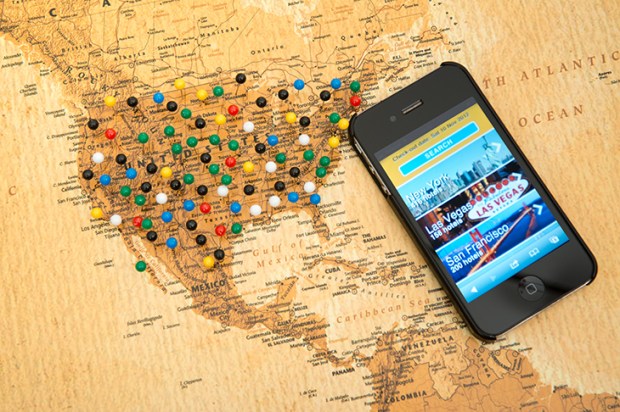


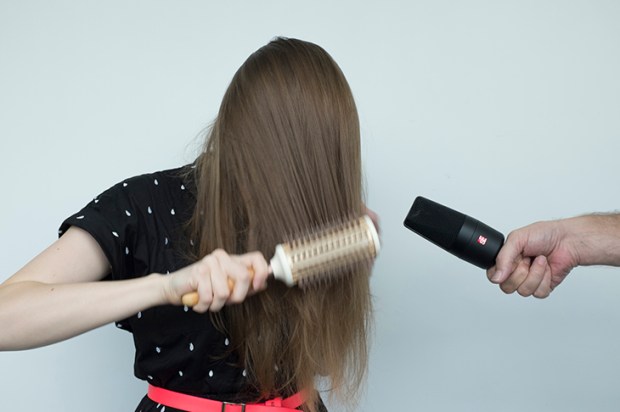






Comments
Don't miss out
Join the conversation with other Spectator Australia readers. Subscribe to leave a comment.
SUBSCRIBEAlready a subscriber? Log in